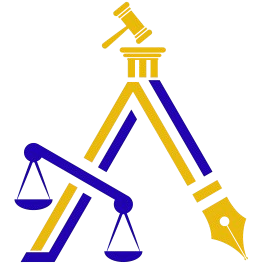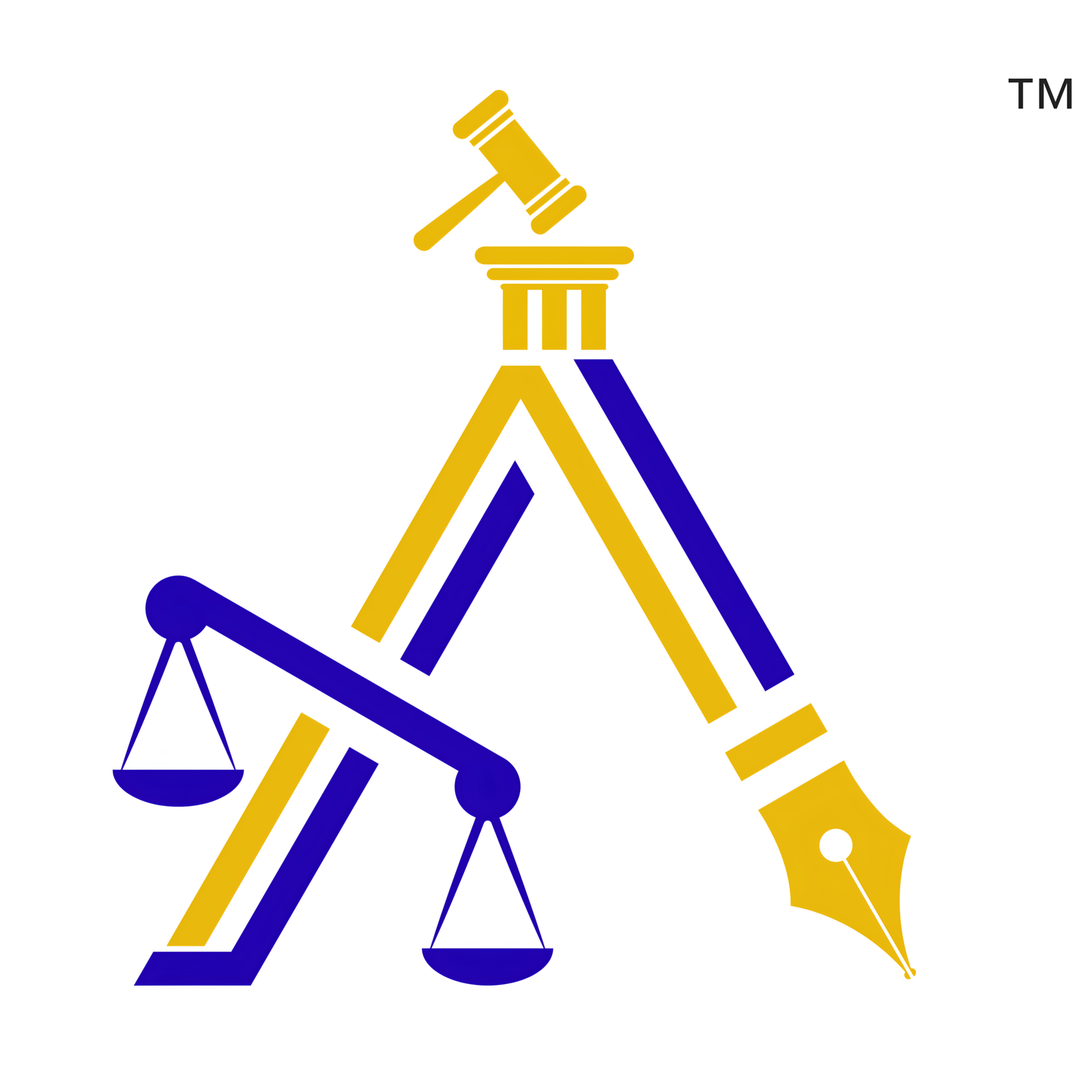Workmen / Employee Dispute & Redressal
The labour and employment landscape in India is governed by a complex web of laws and regulations that seek to balance the interests of workers, employers, and the government. With the Indian workforce being one of the largest in the world, the regulatory framework plays a crucial role in ensuring fair labour practices, worker welfare, and industrial harmony.

Key Legislations and Regulatory Framework:
India’s labour laws have traditionally been categorized into four major groups—wages, industrial relations, social security, and working conditions. In recent years, the government has undertaken significant reforms by consolidating numerous existing labour laws into four comprehensive labour codes:
1. The Code on Wages, 2019:
- Scope: This code consolidates laws relating to wages and bonuses, such as the Payment of Wages Act, 1936; the Minimum Wages Act, 1948; the Payment of Bonus Act, 1965; and the Equal Remuneration Act, 1976.
- Key Provisions: It establishes minimum wage criteria, regulates the timely payment of wages, ensures gender pay equality, and mandates bonus payments based on profitability and productivity.
2. The Industrial Relations Code, 2020:
- Scope: This code consolidates laws relating to trade unions, conditions of employment in industrial establishments, and the resolution of industrial disputes. It replaces the Industrial Disputes Act, 1947; the Trade Unions Act, 1926; and the Industrial Employment (Standing Orders) Act, 1946.
- Key Provisions: It regulates the formation and functioning of trade unions, stipulates conditions for strikes and lockouts, and provides mechanisms for the settlement of industrial disputes.
3. The Code on Social Security, 2020:
- Scope: This code consolidates laws related to social security and welfare, such as the Employees’ Provident Fund and Miscellaneous Provisions Act, 1952; the Employees’ State Insurance Act, 1948; the Maternity Benefit Act, 1961; and the Payment of Gratuity Act, 1972.
- Key Provisions: It provides for a range of social security benefits including provident fund, employee insurance, maternity benefits, gratuity, and social security for unorganized workers.
4. The Occupational Safety, Health and Working Conditions Code, 2020:
- Scope: This code consolidates laws regulating the safety, health, and working conditions of workers. It subsumes acts like the Factories Act, 1948; the Mines Act, 1952; and the Contract Labour (Regulation and Abolition) Act, 1970.
- Key Provisions: It stipulates employer obligations regarding workplace safety, health standards, working hours, leave policies, and the regulation of contract labour.
5. Sexual Harassment of Women at Workplace (Prevention, Prohibition and Redressal) Act, 2013:
The Sexual Harassment of Women at Workplace (Prevention, Prohibition and Redressal) Act, 2013 (commonly known as the POSH Act, 2013) is the key legislation in India designed to protect women from sexual harassment at their workplace. This Act provides a comprehensive framework for preventing, prohibiting, and addressing instances of sexual harassment in workplaces across India, including Rajasthan. It mandates the establishment of a grievance redressal mechanism within organizations to address complaints of sexual harassment and promotes gender equality in the workplace.
6. Key Central Labour Laws Applicable in Rajasthan
- The Employees’ Compensation Act, 1923 (formerly Workmen’s Compensation Act):
- Provides for compensation to employees (or their dependents) in case of injury or death caused by accidents during employment.
- Applicable to industries, factories, mines, construction, and other hazardous work environments.
- Employers are required to compensate workers for injuries or occupational diseases arising out of and in the course of employment.
- The Industrial Disputes Act, 1947:
- Governs the resolution of industrial disputes between employers and employees.
- Provides mechanisms for conciliation, arbitration, and adjudication of labour disputes.
- Includes provisions for layoffs, retrenchment, and closure of industrial units.
- The Factories Act, 1948:
- Regulates the health, safety, working hours, and welfare of workers in factories.
- Stipulates mandatory safety measures, such as proper ventilation, sanitation, and first-aid facilities, and provisions for preventing hazardous exposures.
- Workers in factories are protected by provisions that ensure safe working conditions.
- The Payment of Wages Act, 1936:
- Ensures timely payment of wages without unauthorized deductions.
- Employers must pay wages within a specified time frame and ensure that no unlawful deductions are made.
- The Minimum Wages Act, 1948:
- Mandates the payment of minimum wages to workers in various industries.
- The minimum wages are revised periodically by the state government to account for inflation and changes in the cost of living.
- The Payment of Bonus Act, 1965:
- Provides for the payment of an annual bonus to employees based on company profits or production performance.
- Applicable to establishments with 20 or more workers.
- The Employees’ Provident Funds and Miscellaneous Provisions Act, 1952:
- Provides a social security system in the form of a provident fund, pension scheme, and insurance for employees.
- Employers and employees contribute to the Employees’ Provident Fund (EPF), which ensures financial security after retirement.
- The Maternity Benefit Act, 1961:
- Protects the employment of women during maternity and provides maternity benefits, including paid leave for a certain period before and after childbirth.
- The Contract Labour (Regulation and Abolition) Act, 1970:
- Regulates the employment of contract labour and aims to improve their working conditions.
- Contractors employing more than 20 workers must register with the relevant authorities and ensure the provision of health, safety, and welfare measures.
- The Child and Adolescent Labour (Prohibition and Regulation) Act, 1986:
- Prohibits the employment of children below the age of 14 in hazardous occupations and regulates the working conditions of adolescents.
11. The Employees’ State Insurance Act, 1948:
- Provides health benefits and insurance to employees in case of sickness, maternity, injury, or death due to employment-related causes.
- Applicable to factories and other establishments with 10 or more employees.
12. The Equal Remuneration Act, 1976:
- Mandates equal pay for equal work for both men and women.
- Ensures no discrimination in wages based on gender.

Our Role:
1. Legal Compliance and Advisory Services:
- Labour Law Compliance Audits: We conduct comprehensive audits of our clients’ labour law compliance, identifying gaps and providing solutions to ensure adherence to all relevant regulations, including the new labour codes.
- Regulatory Advisory: We offer advisory services on the implementation of labour laws, including the drafting and review of policies related to wages, working conditions, and social security benefits.
- Employment Contracts: Our firm drafts and reviews employment contracts, ensuring that they comply with legal requirements and effectively manage risks related to employment disputes.
2. Industrial Relations and Dispute Resolution:
- Trade Union Negotiations: We represent employers in negotiations with trade unions, helping to resolve disputes amicably while safeguarding the interests of the business.
- Dispute Resolution: We provide legal representation in labour courts, industrial tribunals, and other dispute resolution forums for issues related to wrongful termination, wage disputes, and other employment-related conflicts.
- Arbitration and Mediation: Our firm also facilitates alternative dispute resolution mechanisms such as arbitration and mediation to resolve labour disputes without resorting to prolonged litigation.
3. Social Security and Worker Welfare Programs:
- Social Security Compliance: We assist clients in ensuring compliance with social security obligations, including contributions to provident funds, employee insurance schemes, and other statutory benefits.
- Maternity and Leave Policies: We help employers develop and implement policies related to maternity leave, paid time off, and other employee welfare programs in line with statutory requirements.
4. Handling Employment Termination and Layoffs:
- Termination Procedures: We provide legal guidance on the proper procedures for terminating employees, including the drafting of termination letters, severance agreements, and managing layoffs to ensure compliance with labour laws.
- Retrenchment and Voluntary Retirement Schemes (VRS): Our firm assists in structuring retrenchment and VRS plans in compliance with the law, minimizing legal risks and ensuring fair treatment of employees.

